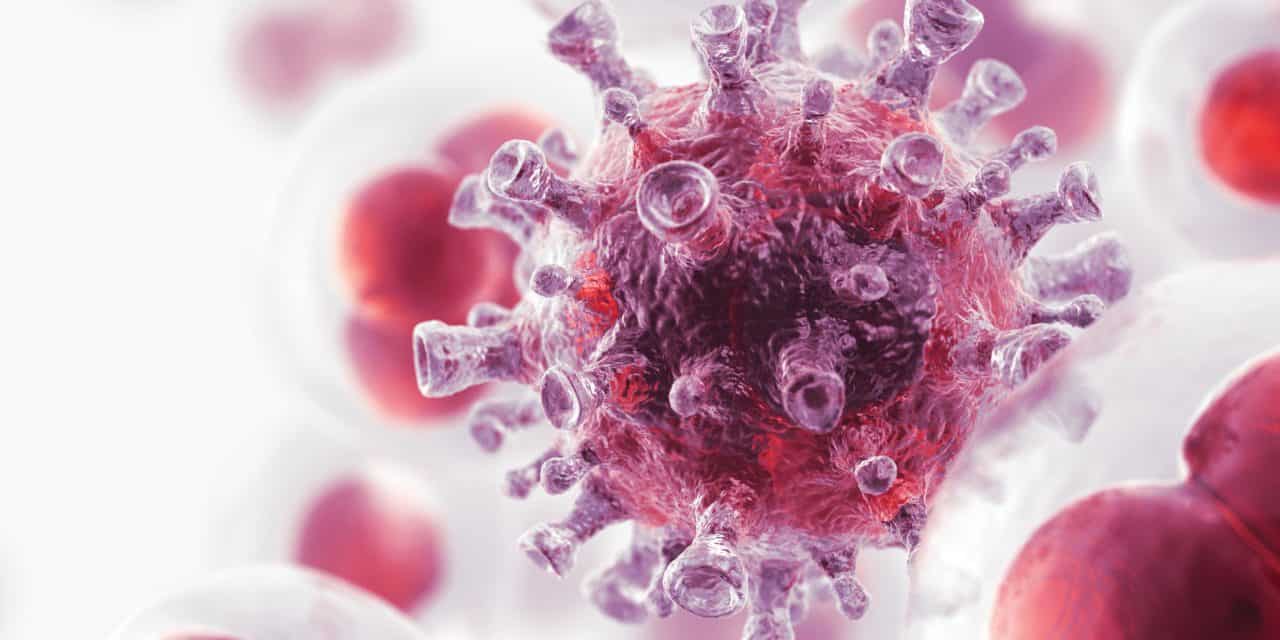Throughout the world, there has been growing concern over the risk of hepatitis E virus (HEV) transmission via blood transfusion. The present study screened blood donor samples for anti-HEV immunoglobulin M (IgM) and immunoglobulin G (IgG). The prevalence of HEV infection was assessed on a total of 1,003 archived serum samples obtained from the National Blood Centre, Malaysia. The samples were collected from healthy blood donor from Klang Valley between 2017 and 2018. All samples were tested for IgM and IgG antibodies to HEV using enzyme-linked immunosorbent assays (ELISA). HEV-specific IgG antibodies were detected in 31/1003 (3.1%; 95% confidence interval [CI] 2.1%-4.4%) and IgM in 9/1003 (0.9%; 95% CI 0.4%-1.7%) samples. In bivariate analysis, there was no significant difference in the prevalence of anti-HEV IgG with respect to gender and district of origin. Although not statistically significant, males had higher odds of having anti-HEV IgG than females (odds ratio [OR] = 2.86; 95% CI 0.95-8.64). All anti-HEV IgG positive individuals were people of Chinese descent. Anti-HEV IgG increased significantly with age, from 0.6% (95% CI 0.1%-2.6%) of 18-30-year-old donors to 7.4% (95% CI 2.7%-17.0%) of donors older than 50 years and was highest among non-professional workers (5.3%; 95% CI 2.5%-10.5%). Increasing age and a non-professional occupation remained significant predictors for anti-HEV IgG in the multivariable analysis. Screening of blood donations for HEV in Malaysia is important to safeguard the health of transfusion recipients. The higher rates of HEV infection in blood from older donors and donors who are non-professional workers may provide insights into targeted groups for blood screening.© Indian Society of Hematology and Blood Transfusion 2021.
The Risk of Transfusion-Transmitted Hepatitis E Virus: Evidence from Seroprevalence Screening of Blood Donations.


